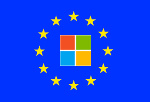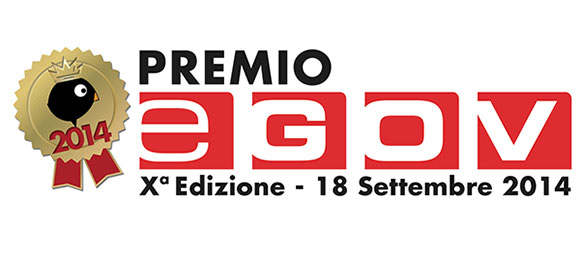 The Open Rights Group’s Blocked Project has revealed that nearly 20% of websites are blocked by web filters implemented by UK ISPs.
The Open Rights Group’s Blocked Project has revealed that nearly 20% of websites are blocked by web filters implemented by UK ISPs.
Those affected involve Porsche broker’s website and a political blogger/mum hoping to read an article about post pregnancy care, yet they still get blocked by filters ostensibly designed to protect young people from adult content (which apparently includes talking about alcohol, smoking, anorexia and hate speech. Ed.), indicating that ISPs are acting as censors and arbiters of what is acceptable content for their subscribers.
The extent of excessive blocking has been revealed by the Open Rights Group’s Blocked project, which is documenting the impact of filters. Web users can use a free checking tool where they can instantly check to see if a website has been blocked by filters. So far, the Open Rights Group has tested over 100,000 sites and found that over 19,000 are blocked by one ISP or another.
One of the blocked sites is the political blog, Guido Fawkes. It’s being blocked by ISP TalkTalk, which puts the latter on a par with the not exactly democratic government of the People’s Republic of China.
ISPs have also been criticised for the lack of information about how to get sites unblocked. Mum-of-one Marielle, said she was “humiliated” when she visited a shop run by mobile operator Three to find out how she could enable access to an article about post-partum care on her phone: “The manager told me that I couldn’t access filtered articles without entering a 4 digit PIN every time I wanted to read a filtered article because I had a PAYG plan” Marielle submitted a report to Three saying that the article had been incorrectly blocked, but didn’t get a response.
Other sites that have been incorrectly blocked by filters include:
www.sherights.com – this feminist rights blog was blocked by TalkTalk in April 2014. Its Editor-in-Chief says that as advertising revenue is generated by the number of site visitors and that being blocked, “directly impacts our bottom line. But, more than that, we are concerned with the message that blocking our site sends: that pro-woman, pro-equality, pro-human rights subject matter is somehow offensive, inappropriate or otherwise problematic.”
www.philipraby.co.uk – Philip Raby, who sells and services Porsches, only found out that his website was blocked by O2 when one of his customers told him. Philip says that it’s difficult to measure the financial impact of being blocked but, “we must have lost some business and, of course, it doesn’t look great telling people the site is not suitable for under 18s!”
Jim Killock, Executive Director of the Open Rights Group stated: “Through the Blocked project we wanted to find out about the impact of web filters. Already, our reports are showing that almost 1 in 5 websites tested are blocked, and that the problem of overblocking seems much bigger than we thought. Different ISPs are blocking different sites and the result is that many people, from businesses to bloggers, are being affected because people can’t access their websites.”
The original impetus for the introduction of filters came from Claire Perry, the Conservative MP for Devizes, a vociferous campaigner for protecting children from adult material. However, she should have been careful what she wished for, as her own website (which features many references to pr0n. Ed.) has also fallen victim to the ISPs’ filters.

 The European Commission has recently renewed its commitment to a proprietary desktop and secret file formats, the
The European Commission has recently renewed its commitment to a proprietary desktop and secret file formats, the 

 The Open Rights Group’s Blocked Project
The Open Rights Group’s Blocked Project 

